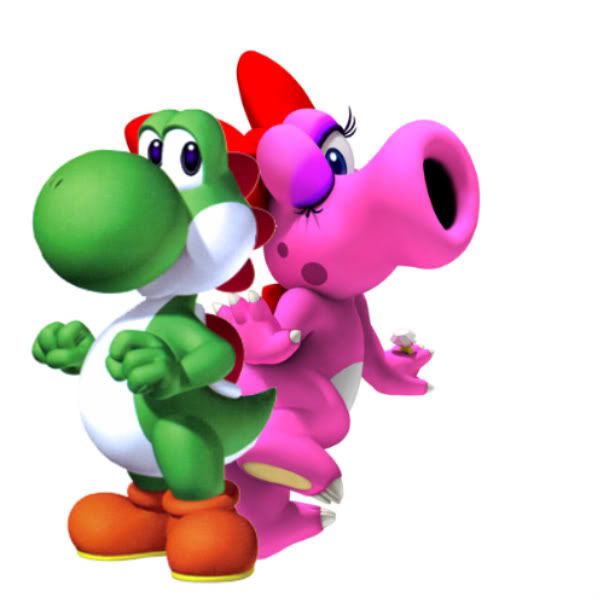Reviewed by: Jamaal Ryan
While Sony platform owners have been spoiled by free and
timely-relevant games on a monthly basis through Playstation Plus, Xbox’s Games
with Gold on 360 has hardly lived up to their competitor’s service. The titles
available have generally been old, and likely already owned by long time 360
owners, serving only a selective few. Halo
3 and Gears of War are great
games, but I’ve already played them, as is the same for millions of others. The
exception comes every once in a while, like last month’s Deadlight and November’s
Iron Brigade.
For May, 360 owners will have access to two more free games;
one of which is Saints Row: The Third
(available on May 16th), the wildly popular open world title that put the
franchise on the map. But again, I’ve already played that game. However Games with
Gold also gifted players with another little gem that many surely have managed
to overlook, Dust: An Elysian Tail.
Dust: An Elysian Tale is a hand written love letter to the
side scroller action game; it’s a passion project that has been impressively
crafted by the one man developer Dean Dodrill.
Elysian Tale’s Castlevanian influence was immediately
striking (or at least Castlevania is the strongest reference I can think of
while writing this review), as much of its presentation and gameplay is firmly
rooted in the Koonami classic. The soundtrack pumps with harrowing organs, dancing pianos
and violins that, while not necessarily inspiring the image of cobble stones
and stained glass, create an equally fantastical feel. Its committed 2D
artstyle never falters either, ensuring that colors glow and the visual design
is always expressive. I absolutely love how Dust always makes time for beauty.
Lush meadows are no more majestic than dark caverns and menacing graveyards where
you might miss that red rose resting on a tombstone.
Even
outside of the context that this was a one man script (technically a two man script
as the story was co-written by Alex Kain), Dust’s storytelling is surprisingly
dense. Though I can never say the actual plot itself sets any standards, it
does a commendable job in balancing its leading three: Dust himself, his
companion Fidget, and Ahrah the talking sword. It also goes as far as to
wasting very little of any other characters you encounter, including the
merchant, most in which have a role in your adventure; main quest and side
missions alike. This treatment is further elevated by the fact that every
single NPC you encounter is fully voice acted. Dust does its damnest to realize
its world, and it shows.
As you make your way through this 12’ish hour adventure, it
becomes obvious that Dodrill fitted in some of his favorite video game trends
in Elysian Tale, but not without adding his own twist. Much of the game’s
secrets are gated behind areas in which would need revisiting with new
abilities, you’ll be constantly swapping and crafting equipment for Dust
through the game’s satisfying and approachable item-trade based economy, and
platformer puzzles take unique shape here like when the game asks me to use Dust’s
vortex generating ability, the Dust Storm, to pull floating illuminated objects
to guide him through some of the game’s trickiest environments. But Elysian
Tale’s biggest draw is its combat system.
The combo multiplier becomes the focus in battle, and I
found that learning how to preserve it is the key to not just succeeding in
combat, but accelerating level progression as well. Controlling Dust is a snap;
side stepping and landing strikes with Ahrah is as responsive as any
respectable action game should be, ensuring that any damage taken doesn’t feel
cheap. While I stayed out of harm’s way to keep my multiplier from resetting, I
used the Dust Storm to amplify
Fidget’s spell casting to inflict rapidly successive damage to my enemies.
Using this one-two-punch in sequence will easily shoot your multiplier in the
hundreds, even the triple digits. What’s neat is that the higher your immediate
multiplier, the more bonus experience you gain; and the more experience you
gain, the faster you level up. As I made my way through Elysian Tale’s final
stage, I leveled up five times before I reached the end boss. That’s awesome.

While Elysian Tale plays it safe and is rather conservative
by design, there are some moments that sag throughout the adventure.
The amount of abilities that Dust acquires in this 12-13
hour game feel anemic. So much so that I often had forgotten that there were
abilities to acquire right in the gut of my playthrough. It wasn’t until the
end of the game when I ventured back that I had actually appreciated some of
the new skills Dust adopted.
And though leveling up as frequently as every five minutes
triggers an endorphin rush akin to leveling up in Call of Duty multiplayer,
Dust became overpowered, making short work of boss fights that hardly live up
to their theatrical entrances. Dust is at its best when juggling 5 enemies at
once while half a dozen more take collateral damage; with the exception of the final boss fight, a single chatty opponent
is reduced to little more than a foe with a larger health bar.
You
can almost tell that Dust is a culmination of ideas from one individual, one
that's incredibly fond of this genre. Both its story and gameplay have the
focus of a single vision, but none feel sacrificed and limited as Dodrill
accomplished what many dev teams with more man power haven’t. Dust: An Elysian
Tale will be available for free on Xbox 360’s Games with Gold up until May 16th.
But even if you don’t make it by that deadline, you shouldn’t pass up on one of
the indie scene’s most impressive success stories.
+ Beautiful 2D Art direction
+ High quality character treatment
+ Addictive combat system
- Weak boss fights
- Uneven ability acquisition
SCORE: B+


















